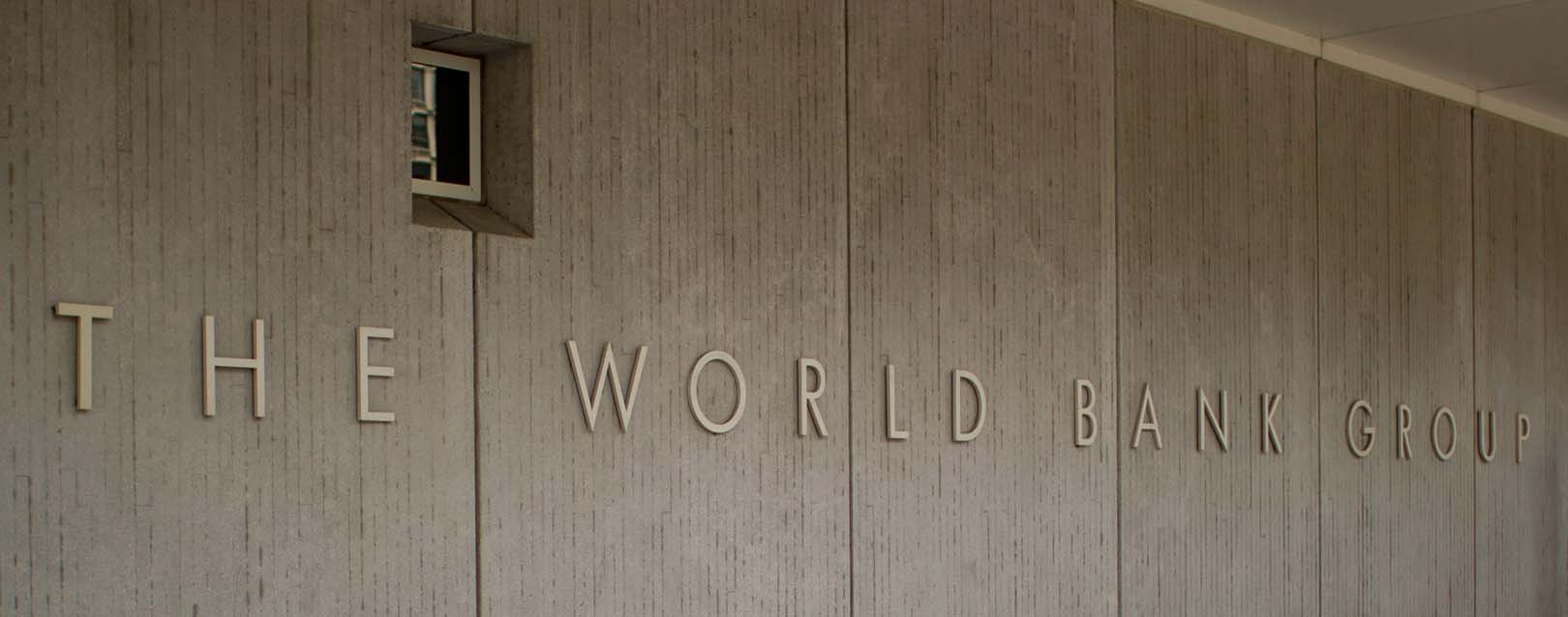
WB says slow East Asia Pacific economic growth
The World Bank on Monday trimmed economic growth prospects of developing East Asia and Pacific for the year 2016 and 2017, citing global risks such as volatile global financial markets, a mild growth in high-income economies, slowdown across developing markets, weak global trade, and further fall in commodity prices.
The global institution, in its “East Asia Pacific Economic Update, April 2016” report, forecasted economic growth in East Asia and Pacific to fall modestly, from 6.5% in 2015-16 to 6.3% in 2016-17 and 6.2% in 2017-18.
For China, as The World Bank projected, the growth will be relatively slower but more sustainable, at 6.7% in 2016-17 and 6.5% in 2017-18 from 6.9% in 2015-16.
The Washington-based body, however, insisted the countries to prioritise their monetary and fiscal policies to strengthen credibility, boost transparency and minimise vulnerabilities, while focusing on deepening structural reforms.
The countries should also reduce barriers to regional trade, including regulatory barriers and non-tariff measure, it said.
While China’s growth will continue to be dragged down by various domestic and global economic factors, Philippines and Vietnam will maintain a healthy growth, cloaking more than 6% growth rate in 2016-17. For Indonesia, the growth will be comparatively lower, at 5.1% in 2016-17 and 5.3% in 2017-18.
“Several small economies, including Lao PDR, Mongolia, and Papua New Guinea, will continue to be affected by low commodity prices and weaker external demand. In the Pacific Island Countries, growth is likely to remain moderate,” the institution said in its report.
East Asia and Pacific, on a whole, accounted for almost two-fifths of global economic growth in 2015-16, which is more than twice the total contribution of all other developing regions.
“The region has benefited from careful macroeconomic policies, including efforts to boost revenue in commodity-exporting countries. But sustaining growth amid challenging global conditions will require continued progress on structural reforms,” it said.
The global-lender said China should strengthen market discipline in the financial sector, gradually open up state-owned enterprises to greater competition, and continue to reform the household-registration system, in order to maintain its growth momentum.
Last week, in its growth forecasts report for Europe and Central Asia, The World Bank had said Eastern Europe and Central Asia will register practically no growth in 2016-17, primarily due to uncertain global economic environment.





 to success.
to success.